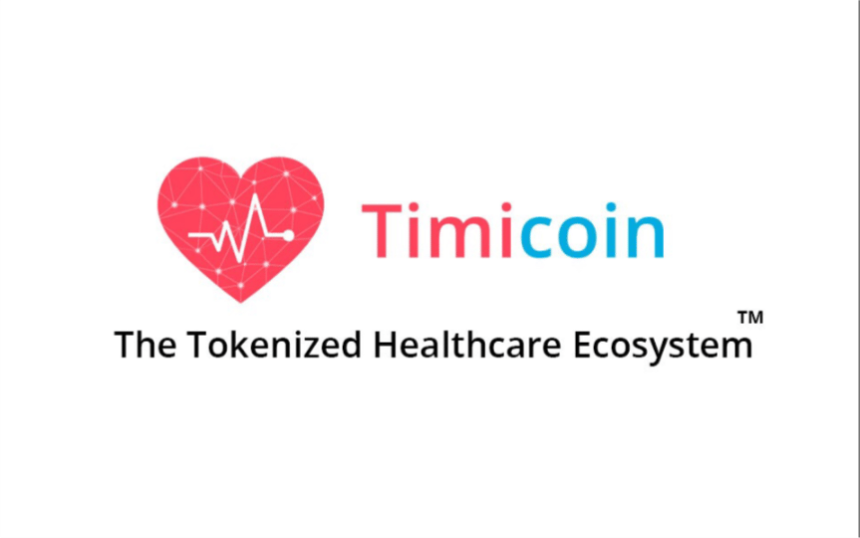Digital healthcare is a full-blown industry based on EHRs (electronic health records). The promise made by EHRs is that improved access to a patient’s data may result in fewer medical errors, lower costs, and increased patient safety. However, access to viable patient data via EHR systems is paved with challenges. The data is scattered across multiple healthcare stakeholders because different providers use different EHRs.
Furthermore, centralized platforms lack security, transparency, and transactional speed. Arizona-based healthcare provider Banner Health was the target of a massive cyberattack in 2016, where the personal data of 3.62 million patients were compromised. Many healthcare facilities are becoming aware of the dangers associated with centralized EHR systems, therefore a better solution is needed.
Blockchain technology could provide a reliable alternative to current electronic health records systems. Three main benefits apply – immutability, security, and ultra-secure, fast transactions. Given that a patient’s healthcare data is spread across different stakeholders, the distributed ledger technology within the blockchain could provide access that doesn’t exist in today’s systems, at the same time reducing costs, speeding transaction time, and tightening confidentiality.
Data tokenization could improve security in the healthcare industry
Better defined as a process that replaces sensitive data – for example, Primary Account Numbers and Nonpublic Personal Information with non-sensitive data – e.g. 10FH6BBYX694XXQAcnnyT, data tokenization provides users with a unique identifier that safeguards the personal information. Tokenizing data streamlines access without having to encrypt/decrypt the information, and best-supporting technology lying at its core is blockchain.
Decentralized ledger platform Timicoin/TimiHealth jumpstarts the journey to secure healthcare information by leveraging the perks of the blockchain. The project will issue smart contracts to deliver real-time, accurate data following a patient’s authorization.
A decentralized Ledger system
The main purpose of Timicoin’s blockchain platform is to index patient health data onto the blockchain and provide users with unique identifiers, thus ensure their information is impenetrable. The project aims to develop a full-blown ecosystem where users’ medical data is stored in a repository called a “data bucket” for image and health document storage.
Medical institutions and healthcare research facilities will be granted access to the data they need, provided users agree to share it. The platform’s exclusive payment system will be the Timicoin token, which designed to process data requests for consumer organizations, patients, and providers. Users eager to store or share their personal information will have TimiHealth at their disposal; the platform’s mobile app for complete portability and security of medical records.
The data management and request portal can also be used by the medical organization and healthcare facilities to find new providers, request data, and pay for it in Timicoin tokens.
The secure alternative to storing & sharing medical data
As opposed to standard health information exchanges, the underlying technology of Timicoin is decentralized, providing a utility infrastructure that is secure, anonymous, and transparent. In order to share medical records with a specialist, patients no longer have to go through the hassle of gathering information from previous providers. The Timicoin/TimiHealth mission is to become a single storage platform where the people can access their complete medical history in real-time.
Timicoin has a tested minimum viable product (MVP) in place – the TimiHealth app. The team plans to continue development for the TimiHealth Consumer Portal, TimiCloud, and TimiPatient App.
